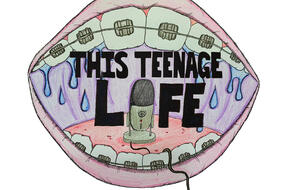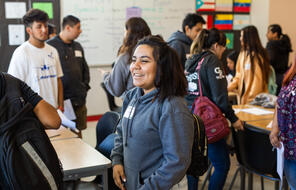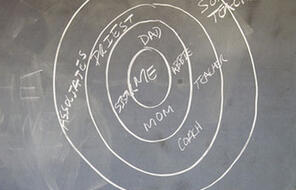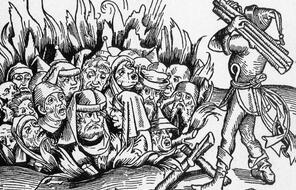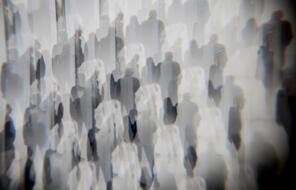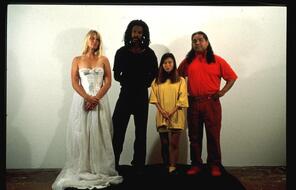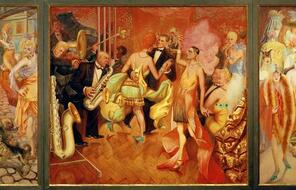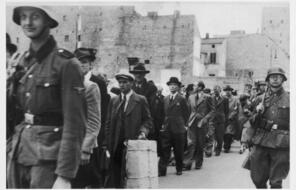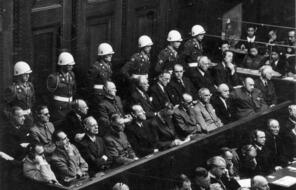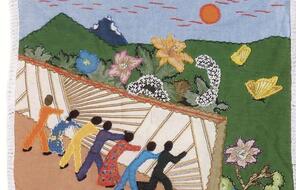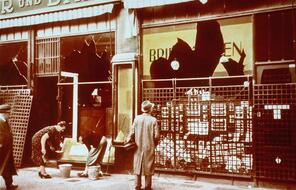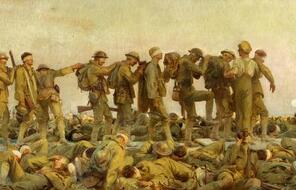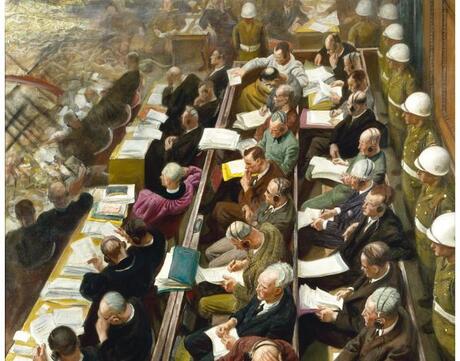
Exploring Justice after the Holocaust
At a Glance
Language
English — USSubject
- Civics & Citizenship
- Social Studies
Grade
6–12Duration
One 50-min class period- The Holocaust
Overview
About This Lesson
This lesson complements the resources in Chapter 10 of Holocaust and Human Behavior by helping students preview some of the dilemmas that the Allies faced when seeking justice after World War II and the Holocaust. Students will read and respond individually to a series of statements about justice after the Holocaust, and then they will participate in an active, structured discussion about each statement.
This lesson is most effective if completed before students learn about the creation, proceedings, and outcomes of the International Military Tribunal at Nuremberg through the resources in Chapter 10. By thinking through some of the ideas and dilemmas introduced in this lesson, students will be better prepared to understand the Nuremberg trials and other attempts to seek justice after war and genocide.
Preparing to Teach
Lesson Plans
Activities
Materials and Downloads
Quick Downloads
Download the Files
Get Files Via Google
Unlimited Access to Learning. More Added Every Month.
Facing History & Ourselves is designed for educators who want to help students explore identity, think critically, grow emotionally, act ethically, and participate in civic life. It’s hard work, so we’ve developed some go-to professional learning opportunities to help you along the way.
Exploring ELA Text Selection with Julia Torres
On-Demand
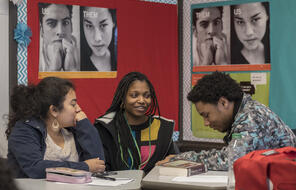
Working for Justice, Equity and Civic Agency in Our Schools: A Conversation with Clint Smith
On-Demand
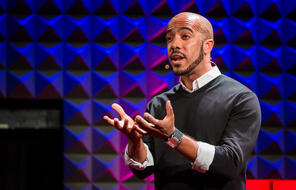
Centering Student Voices to Build Community and Agency
On-Demand
